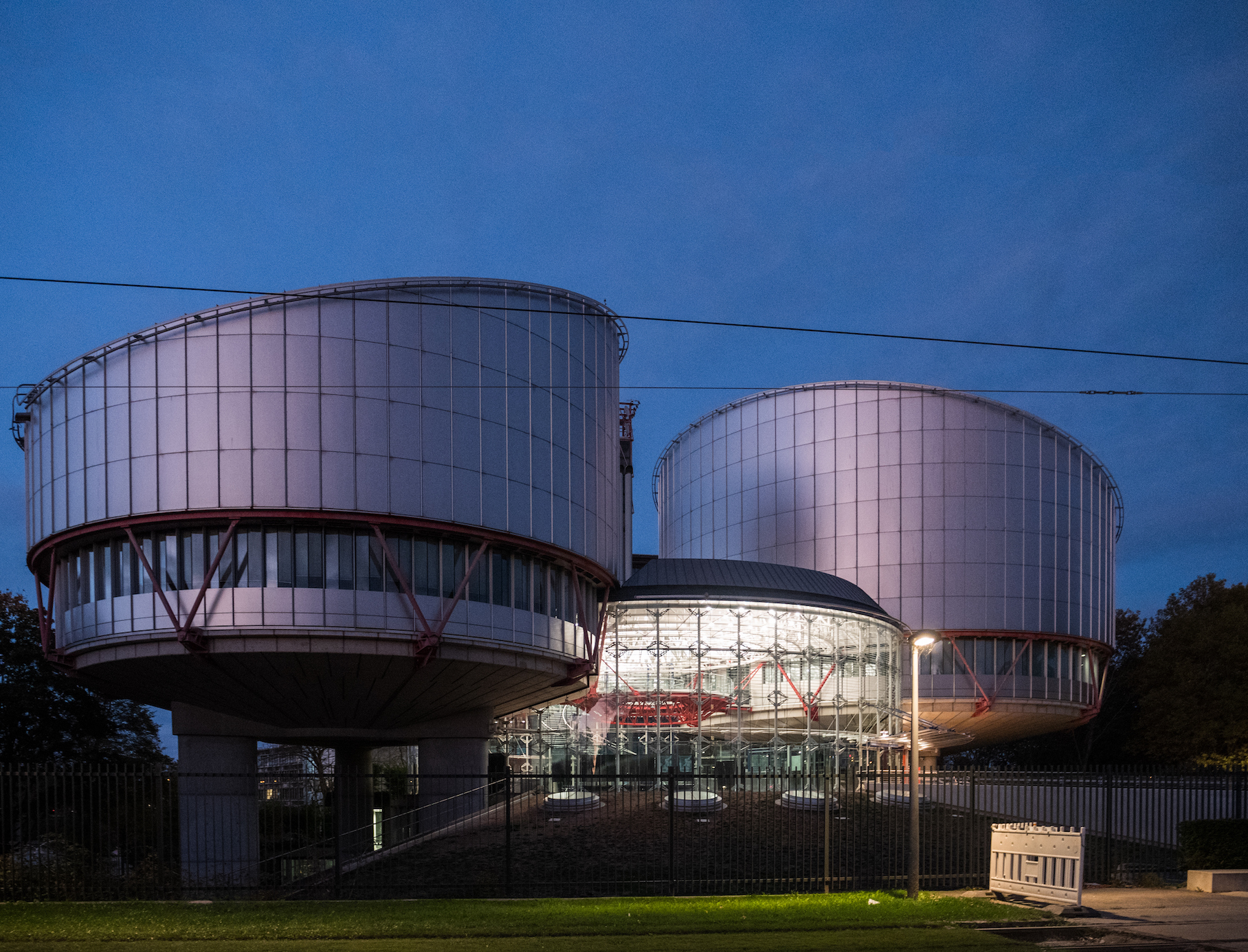The government’s illegal migration bill returns to the House of Commons this afternoon where amendments to the legislation will be debated.
Immigration minister Robert Jenrick will take the lead at the bill’s report stage and third reading, having led on negotiations with MPs for the home office which has resulted in a key concession from the government over the European Court of Human Rights (ECHR).
In response to pressure from right-wing Conservatives MPs, an amendment has been tabled in the home secretary’s name ahead of this afternoon’s debate which would allow ministers to ignore rulings from the ECHR on deportations.
In an opinion piece for the Sunday Telegraph, home secretary Suella Braverman said the measure providing ministers with “discretion” on complying with ECHR’s injunctions was a “crucial power”.


The government was also in talks yesterday with Conservative MPs over two further amendments, one by Tim Loughton seeking to restrict the detention of unaccompanied children, and one by Iain Duncan Smith and Theresa May to exempt migrants who have suffered exploitation.
Ms Braverman affirmed this morning that it was “totally unacceptable” to have judges in Strasbourg overrule government decisions on immigration.
She referred to the case last year which saw the ECHR use a “rule 39” interim injunction to block the UK government’s first attempt to deport asylum seekers to Rwanda.
Asked about the clause that would limit the ability of the courts to challenge the government’s decisions on removals, Ms Braverman told Sky News: “We’ve introduced some clauses to enable a greater decision-making power on the part of the home secretary so we avoid a scenario we saw last June whereby the home secretary made a decision to relocate people from the United Kingdom, people who had arrived here illegally, to Rwanda.
“English courts had upheld that decision, and at the 11th hour, a judge in Strasbourg, pursuant to an opaque process whereby the United Kingdom was not represented, undermined that decision.
“That’s totally unacceptable from a democratic point of view, and we have introduced a clause that enables the home secretary to consider the case on its individual merits and have a discretion to possibly avoid that scenario replaying again”.
Introduced in March, the government’s illegal migration bill would prevent anyone arriving in the UK illegally from claiming asylum. Instead, they would be detained and removed, either to Rwanda or another “safe country”.
The proposed law therefore effectively bans those arriving in the UK on small boats from claiming asylum altogether, also curtailing legal routes to challenge UK asylum decisions.
The government human rights watchdog Equalities and Human Rights Commission (EHRC) said earlier this week that it is “seriously concerned” that the proposed legislation risks putting the UK in breach of its obligations to protect human rights.
“Provisions providing for the detention of children and pregnant women, and removing protections for victims of trafficking and modern slavery are particularly worrying”, the body said.
Yesterday, immigration minister Robert Jenrick said the “values and lifestyles” of people crossing the Channel in small boats threaten the UK’s social cohesion.
In a speech at a Policy Exchange event in central London, Mr Jenrick said “Excessive uncontrolled migration threatens to cannibalise the compassion that marks out the British people”.
He added: “Conservatives believe that elected governments should carefully control the pace of change, not least because a shared national identity bound by shared memories traditions and values is a prerequisite to generosity in society”.
Speaking this morning, shadow minister Ed Miliband criticised the illegal migration bill ahead of its report stage today, saying: “The truth about this is that conflicts elsewhere in the world do have impacts on us, and that’s why you need secure borders and you need a proper system in place for dealing with asylum on all those things”.
“I’m afraid the Bill being debated today in the House of Commons is not it”, he added.











